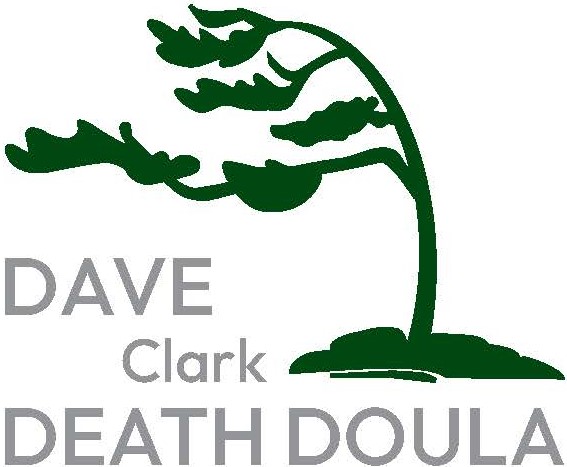Frequently Asked Questions
An End of Life/Death Doula is someone who supports a person faced with an illness or terminal diagnosis. The doula can educate, advocate for, and empower them by starting the conversation about death and embracing the dying process early. By aligning the patient’s needs with their expectations and wishes, the doula can significantly improve the quality and dignity of the end of life journey. Some of their tasks and skills may include:
- advocate for the best possible experience for the patient
- understand the physiology of death and the complexity of emotions that go along with the diagnosis of a terminal illness
- assist patients in creating and carrying out their health care treatment decisions
- are knowledgeable about legalities, options, and tools in their jurisdiction
- provide emotional, physical comfort measures and an objective viewpoint
- provide information needed to make informed care decisions
- facilitate communication between the patient, family and other care providers
- protect the patient’s dignity and the family’s memory during the death experience
- allow the family to participate at their own comfort level
An End of Life/Death Doula is expected to:
- conduct their practice in an ethical way
- be respectful of all clients regardless of their identities
- provide beneficial care
- promote good, prevent and remove harm
As important as what End of Life/Death Doulas do, they do ‘NOT’:
- prepare the body following death, that is the role of the Funeral Director
- act as Social Workers – end of life doulas give support, not advice
- dispense medication of any kind
- make diagnoses
- take over and drive the process – they support the family’s needs
- make assumptions about what the patient or their family/friends need
The work of End of Life/Death Doulas is not regulated in Canada, so no certification is required. However, membership in the End of Life Doula Association of Canada requires background and education checks, as well as criminal record checks every 5 years.
Individual doulas may support clients who choose MAiD. However, the End of Life Doula Association of Canada remains neutral about MAiD, recognizing it is an individual’s choice. A doula can provide information about MAiD but cannot encourage or persuade a client to access MAiD.
End of Life/Death Doulas can go into hospital or palliative care settings when their clients are admitted and continue to want their doula’s support. The doula provides support to the patient and their family but is not part of the health care team.
End of Life/Death Doulas are complementary to, but do not seek to replace, support provided by hospice palliative care workers. Doulas are neither trained nor able to administer medication. Medication must be administered by a trained and licensed nurse.
The doula/client relationship may begin before, or at the point of diagnosis, and continue throughout the progression of the illness. The Doula may provide support through the vigiling time and continue with the family for a period following the death. This really depends on the needs and wishes of the family and the types and level of support the doula is able to provide.
At this time, End of Life/Death Doulas are not covered by either. Efforts are ongoing to get them included but this is challenging considering the growing demands on Canada’s health care system as our population ages.
End of Life Doulas are paid privately by the client or their family. Typically, payment is upfront, and the fees charged are based on the services requested, and the estimated amount of time spent working with the family. This can range from $45-100 per hour, though prices depend on many factors, including location and duration of service. Many doulas offer flat rate service packages as well.
